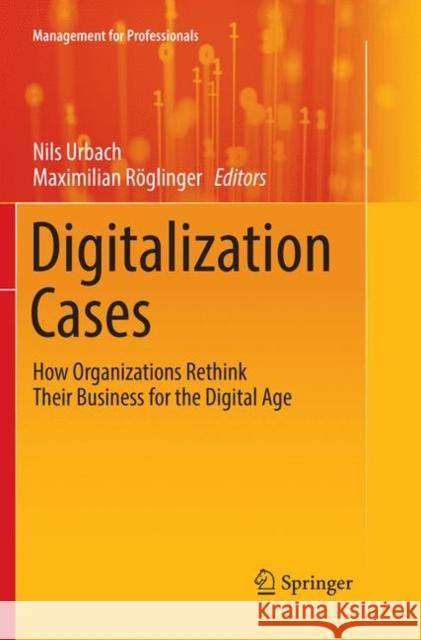Digitalization Cases: How Organizations Rethink Their Business for the Digital Age » książka
topmenu
Digitalization Cases: How Organizations Rethink Their Business for the Digital Age
ISBN-13: 9783030070052 / Angielski / Miękka / 2019 / 428 str.
Kategorie:
Kategorie BISAC:
Wydawca:
Springer
Seria wydawnicza:
Język:
Angielski
ISBN-13:
9783030070052
Rok wydania:
2019
Wydanie:
Softcover Repri
Numer serii:
000424298
Ilość stron:
428
Waga:
0.62 kg
Wymiary:
23.39 x 15.6 x 2.31
Oprawa:
Miękka
Wolumenów:
01
Dodatkowe informacje:
Wydanie ilustrowane











